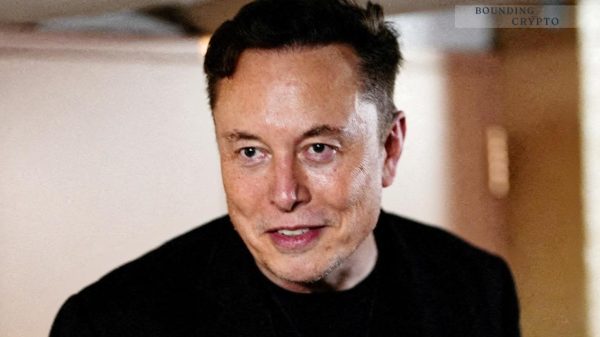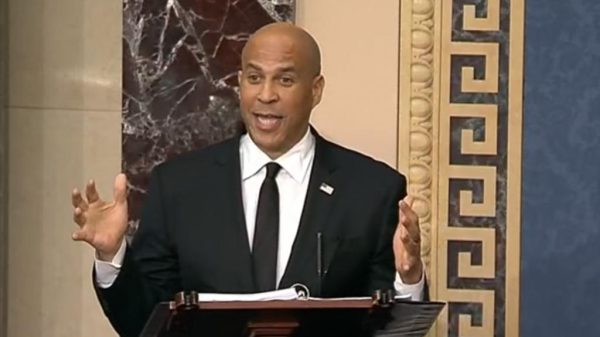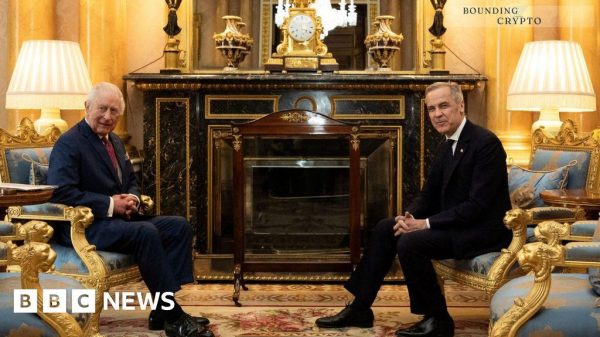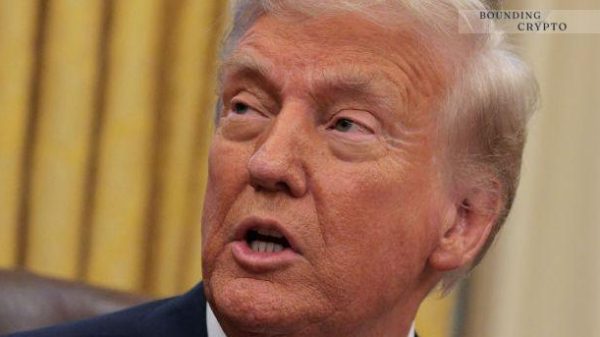Mitch McConnell, the longest-serving Senate leader in U.S. history, has left a powerful mark on American politics, particularly with his impact on the judiciary. Known for his strategic maneuvering when it comes to Supreme Court nominations, his actions have stirred up plenty of debates among lawmakers and citizens alike. Recently, McConnell stepped down at the end of the last Congressional term, leaving behind a legacy filled with both achievements and controversies.
When the longest-serving Senate leader in U.S. history stepped down at the end of the last Congressional term
McConnell’s leadership spanned over a decade, during which he managed to confirm three Supreme Court justices and over 200 lower-court judges. His focus on judicial appointments wasn’t just political; it was a strategy aimed at shaping the judiciary for decades to come. McConnell believed that confirming judges who align with conservative values would ensure a more lasting influence on American laws and rights, as these judges serve for life.
McConnell’s Fast-Tracked Confirmations and Political Strategy
While serving in the Senate, McConnell made headlines for his swift confirmation of Amy Coney Barrett in 2020. This quick move came merely weeks before the presidential election, contrasting sharply with his earlier decision to block Merrick Garland’s nomination in 2016. Critics argue that this inconsistency reflects a troubling aspect of his leadership, with some labeling it as “brutish” and “arguably unconstitutional.” McConnell defended his actions by citing a past statement from Joe Biden that suggested delaying nominations during an election year, highlighting just how strategic his moves were.
The Judicial Legacy: Three Justices and Their Impact
Among these lifetime appointments, his influence is manifest in the conservative leanings of the current Supreme Court. McConnell’s backing of justices like Neil Gorsuch, Brett Kavanaugh, and Barrett shifted the court’s balance and shaped crucial decisions on a range of issues, including environmental regulations and abortion rights. These appointments have created a generational shift in how laws are interpreted, resonating through American life.
Opposition from Within: McConnell Critiques Trump Tariffs
Moving beyond judicial matters, McConnell has also expressed strong opinions about Donald Trump’s economic policies. Specifically, he has criticized Trump’s tariffs imposed on U.S. trading partners, which aimed to send strong messages regarding immigration and drug trafficking. While many Republican leaders supported these tariffs, McConnell cautioned against them, labeling them a “bad idea” that could drive up prices for American consumers.
Assessing the Economic Impact of Tariffs
According to economists, the tariffs, which ranged from 10% to 25%, could lead to an estimated increase of $830 in taxes for the average household. This figure highlights the significant financial burden these tariffs could place on families across the nation, stirring considerable debate amongst lawmakers about the efficacy and fairness of such methods in addressing issues like illegal immigration and drug influx.
What Will Likely Also Last a While is the Controversy over How He Did It
As McConnell departs from his role, one must recognize the controversies he leaves behind. His methods, often seen as politically driven, have sparked discussions about the real implications for democratic processes and judicial integrity in America. Scholars like Lawrence Friedman argue that McConnell’s actions risk undermining constitutional foundations, while others see them as essential moves to prioritize conservative values.
Looking Ahead: The Enduring Effects of McConnell’s Policies
While some may applaud McConnell’s influence on the judiciary, others remain wary of the long-term consequences of his strategies. His tenure serves as a reminder of how political decisions can create ripples that affect not just current governance, but the lives of people for generations to come. As McConnell exits the political stage, his complex legacy will continue to prompt discussions on governance, economic policy, and the role of partisan politics in shaping America’s future.








































